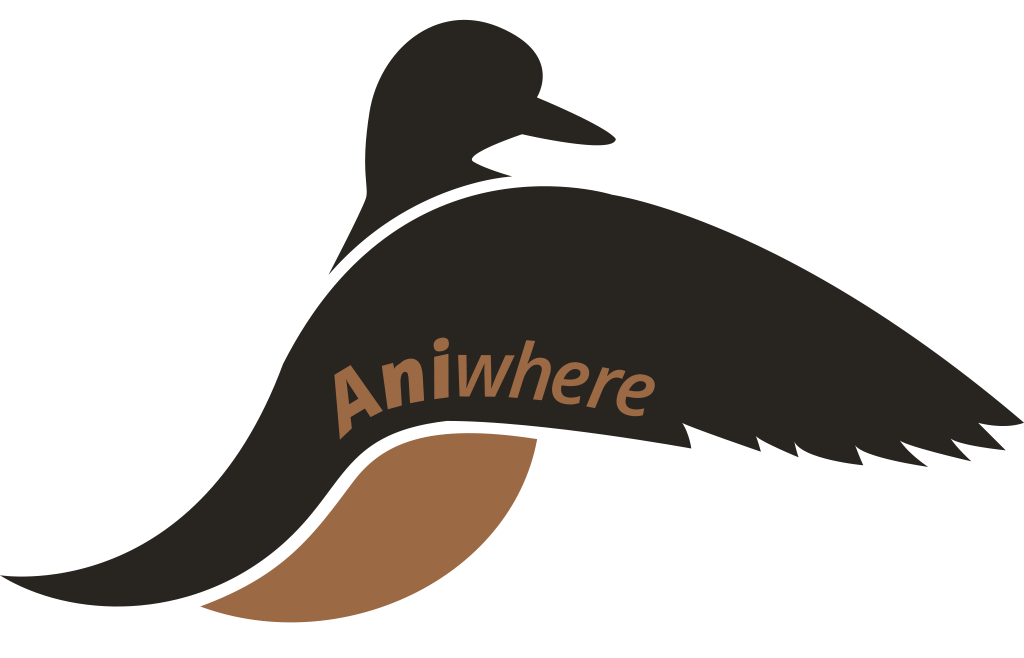

Bird flu(avian influenza) is an infection caused by avian (bird) influenza (flu) viruses, such as influenza A (H5N1) subtype . Influenza A infection occurs mainly in wild birds worldwide. However, avian influenza is very contagious among birds and can make some domesticated birds, including chickens, ducks, and turkeys, very sick and kill them.
Avian influenza viruses do not usually infect humans, but more than 200 confirmed cases of human infection with H5N1 viruses have occurred since 1997. Because of concerns about the potential for more widespread infection in the human population, public health authorities closely monitor outbreaks of human illness associated with avian influenza.
Symptoms of avian influenza in humans have ranged from typical human influenza-like symptoms (fever, cough, sore throat, and muscle aches) to eye infections, pneumonia, severe respiratory diseases (such as acute respiratory distress syndrome), and other severe and life-threatening complications. The symptoms of avian influenza may depend on which specific virus subtype and strain caused the infection.
The avian influenza A (H5N1) epizootic (animal outbreak) is occurring in parts of Asia, Europe, the Near East, and Africa. Human cases have been reported in some countries. Currently, H5N1 avian influenza has not been reported in the United States.
* See update on avian influenza in animals from the World Organization for Animal Health website.
* See the WHO website for the cumulative reports of human cases of avian influenza A (H5N1) and situation updates.
Prevention of illness during travel always begins with preparation before travel:
Before you travel, be sure you are up to date with all your routine vaccinations (i.e. seasonal influenza vaccine if it is available), and see your doctor or health-care provider to get any additional vaccinations, medications, or information you may need.
If you become sick with symptoms such as a fever accompanied by a cough, sore throat, or difficulty breathing, or if you develop any illness that requires prompt medical attention, a U.S. consular officer can assist you in locating medical services and informing your family or friends.
* Wear a mask if you are sick.
* Before you visit the doctor or clinic, inform your health-care provider of any possible exposures to avian influenza.
*Do not travel if you are sick except to seek local medical care.